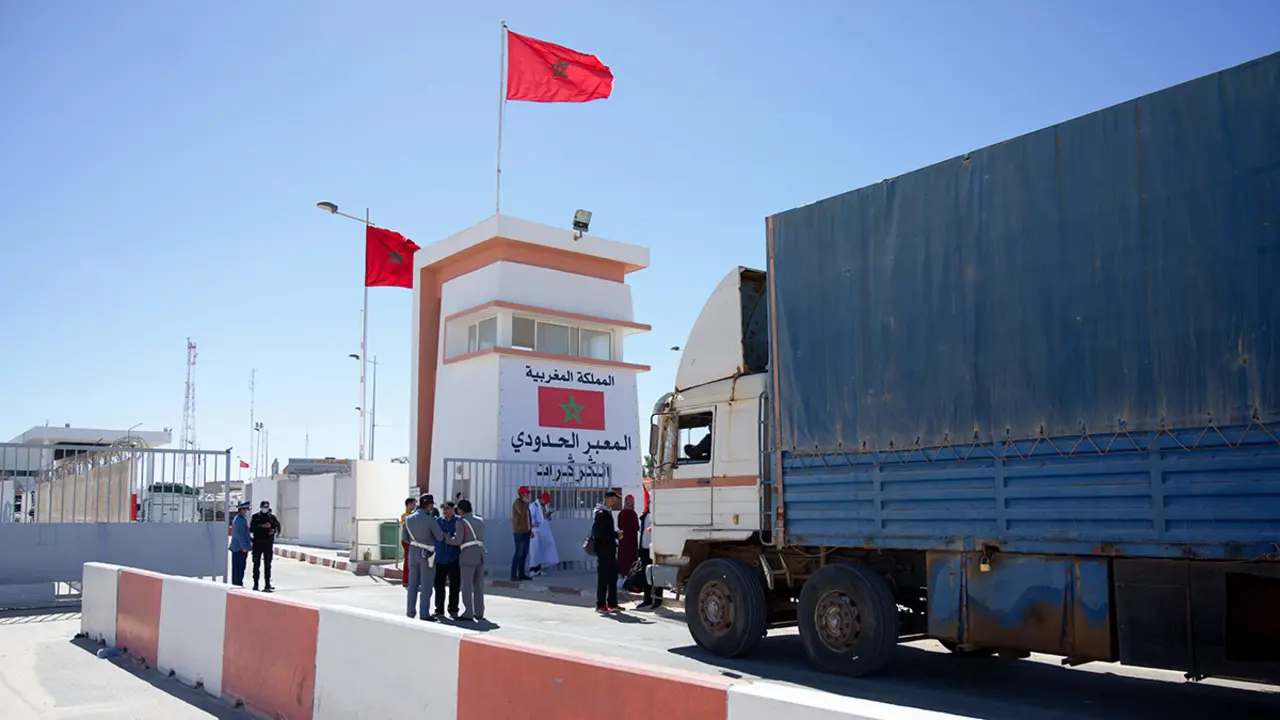Cuba to subsidise unprofitable state enterprises after monetary unification

The Cuban government will temporarily subsidise some of the state-owned companies that are incurring losses as a result of the imminent monetary and exchange rate unification, one of the most important pending reforms on the island, an official source announced.
The Head of the Guidelines Implementation Commission of the Communist Party of Cuba (CCP), Marino Murillo, advanced during a television appearance that the subsidies will be granted in the first year to "a group" of companies to prevent job losses and guarantee the production of basic goods.
The existence of several exchange rates between the two currencies circulating in the country - one of them equivalent to the dollar - has so far made it difficult to know the real state of the accounts of state enterprises.
Experts on Cuban economy consider that, with monetary and exchange rate reform, a good number of companies now apparently solvent will go into the red.
The long-postponed monetary unification will consist on eliminating the convertible peso (CUC), created in 1994 and equivalent to the dollar, devaluing the Cuban peso (CUP), now equivalent to 4 US cents, as the only local currency.
In the state sector, the exchange rate between CUP, CUC and dollar is 1:1:1, while for the general public it is 25 CUP for each CUC or dollar.
In his speech, Murillo, known for years as the communist island's economic "reform czar", dwelt on some aspects of the expected unification, but did not clear up any of the main questions: neither when will "day zero" be, nor what will be the only exchange rate of the Cuban peso.
He recalled that the regulation will be accompanied by other measures such as a wage and pension reform and the withdrawal of subsidies, although centralised prices will be maintained for a "small" group of basic products and services, including fuel, electricity and baby milk.
He also revealed that 200 civil servants are working on the design of monetary unification and that the government has consulted international specialists and studied the models followed by other countries undertaking this same type of reform, a process that cannot be postponed but which, he acknowledged, "has a risk".
The arrival of monetary unification, pending for a decade and a permanent motive for speculation, gained momentum a few weeks ago and caused hundreds of Cubans to go to banks and exchange houses to get rid of the CUCs, which devaluated against the dollar on the informal market.
The government has called for calm and reiterated that there will be a deadline for the population to change their CUCs, and that the current exchange rate will be respected in the process.
The elimination of the dual currency comes at a time of severe economic crisis. The halt in tourism owing to the coronavirus pandemic has exacerbated the already precarious financial situation of the island, hit by the tightening of the US embargo, and the crisis of its ally, Venezuela, and the delay in implementing the reforms designed to update its centralised system.
This need for foreign currency has led Cuba to apply a "partial dollarisation" of its economy with controversial measures in recent months such as the opening of supermarkets and shops where local currencies are not accepted and payment can only be made in foreign currency by card.








